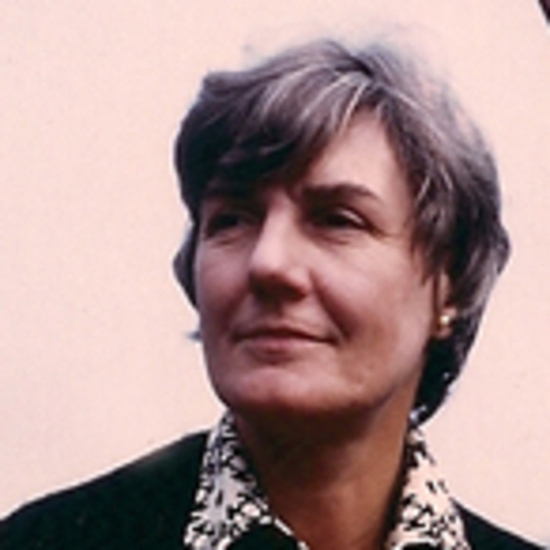
Susan Sinclair was born on 28 January 1923 in Mirfield, Yorkshire and died on 21 May 2010 in Edinburgh, aged 87. Susan, known to many of her friends and relatives as Suzanne, was a pupil at George Watson’s Ladies College from 1930-1940. Although she had originally thought of studying medicine (like both her brothers), but it was wartime and she took a two-year Certificate of Social Study instead. From 1942-1946, she worked as an assistant in the personnel department of Ferguson Brothers, textile printers in Carlisle, then when the war was over, she left to take the Mental Health Course at LSE and qualified as a psychiatric social worker in 1947.
Susan returned to Scotland, working for two years in the Merchiston Child Guidance Clinic in Edinburgh before taking an Arts degree at Edinburgh University. In 1953, she was appointed to a teaching post, which she held until she retired, as a Senior Lecturer, in 1988.
Although she was originally appointed to teach social work, Susan's obituary states that she "soon found herself out of sympathy with the prevailing psychodynamic orientation to social work training and subsequently devoted herself to teaching social policy". She had a very strong commitment to the welfare state and to the idea that social problems could most effectively be solved through collective action, and she contributed to many public bodies, including the Royal Edinburgh Hospital Management Committee, the Lothian Health Board and the Social Science Research Council’s Sociology and Social Administration Committee. In his obituary in The Scotsman , Mike Adler writes: "I am sure that, in every case, she was a force for good".
Susan did not publish widely but was the author of a number of significant publications, including The Child Care Service at Work , a Report for the Scottish Advisory Council on Child Care (written with Tom Burns, who later became the first Professor of Sociology at Edinburgh University). Later on, together with her Edinburgh colleague Hewan Craig, she pioneered the study of comparative social policy, accompanying groups of undergraduates to Rennes to study the French social services on several occasions.
